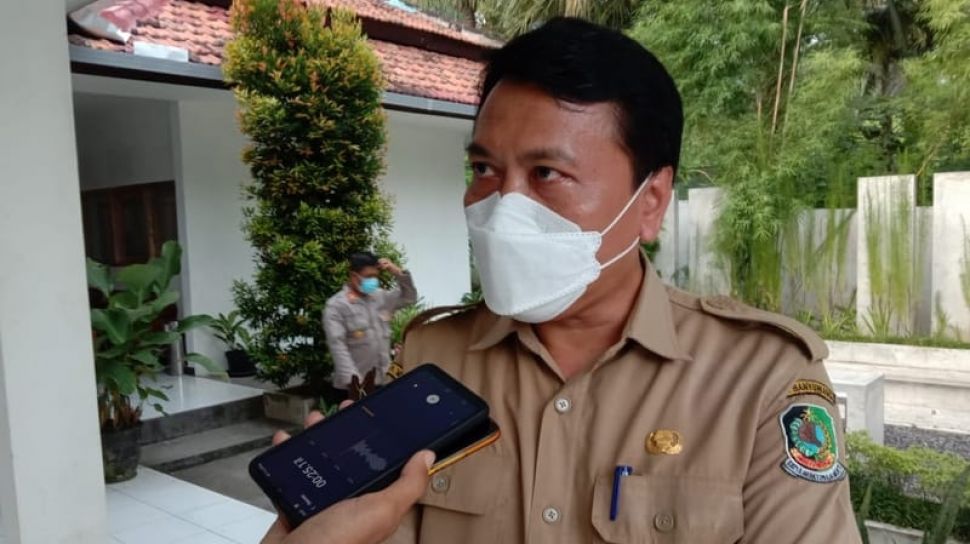The fall of the Berlin Wall in 1989 opened the prospect of German unification. The question quickly arose about the NATO membership of the new Germany. Soviet leader Gorbachev was initially vehemently against, but relented after promises of massive financial support and assurances that no foreign NATO troops would be stationed in former East Germany.
‘Not an inch to the east’
It was US Secretary of State James Baker who, in 1990, spoke the historic words to him that NATO would move “not an inch” eastward. At that time, this was especially true for East Germany. Expansion of NATO to other countries was out of the question, and Gorbachev heard this reassuring message time and again from various Western interlocutors in those days.
But the geopolitical reality was changing at lightning speed. The dissolution of the Warsaw Pact, the military alliance of the Eastern Bloc, opened new perspectives for the former Eastern Bloc countries, which were soon eager to join the NATO umbrella in whatever form. That pursuit only grew stronger after the failed coup d’état in Moscow in August 1991 and the subsequent collapse of the Soviet Union. The coup attempt and the nuclear implosion made neighboring countries nervous.
The possibility of NATO membership for former Soviet republics such as the Baltic States and Ukraine was first seriously suggested. Gorbachev later said that while the West had made no firm promises about enlargement, it had used the end of the Soviet Union and the weakness of the new Russia to declare itself the winner of the Cold War.
The dramatic events in Russia in the turbulent 1990s also helped. A near-civil war on the streets of Moscow left 145 dead in 1993; President Boris Yeltsin sent tanks to his insurgent parliament. The following year, Russia invaded the secessionist republic of Chechnya, the first of two consecutive bloody wars that killed many tens of thousands of people.
Yeltsin and Clinton
Although Yeltsin had a good personal relationship with US President Bill Clinton – and perhaps for that reason – he found it difficult to stomach NATO’s expansion plans. Both French President Jacques Chirac and German Chancellor Helmut Kohl preferred not to rush not to upset the Russians, but that was not heard in Washington.
In early 1996, US Secretary of State Warren Christopher said in Prague that further NATO expansion was inevitable, much to Moscow’s anger. Yeltsin eventually resigned himself to the situation with a resigned “we agree we disagree”.
His successor Putin was not satisfied with that. He called the end of the Soviet Union the greatest geopolitical catastrophe of the twentieth century. In 2007, at the Munich security conference, he fulminated that the West had in fact committed treason by violating the promise that NATO would not expand. According to Putin, those “guarantees” were given after the dissolution of the Warsaw Pact, which is factually incorrect.
We explained earlier in this video why Putin does not want NATO to expand:
–


